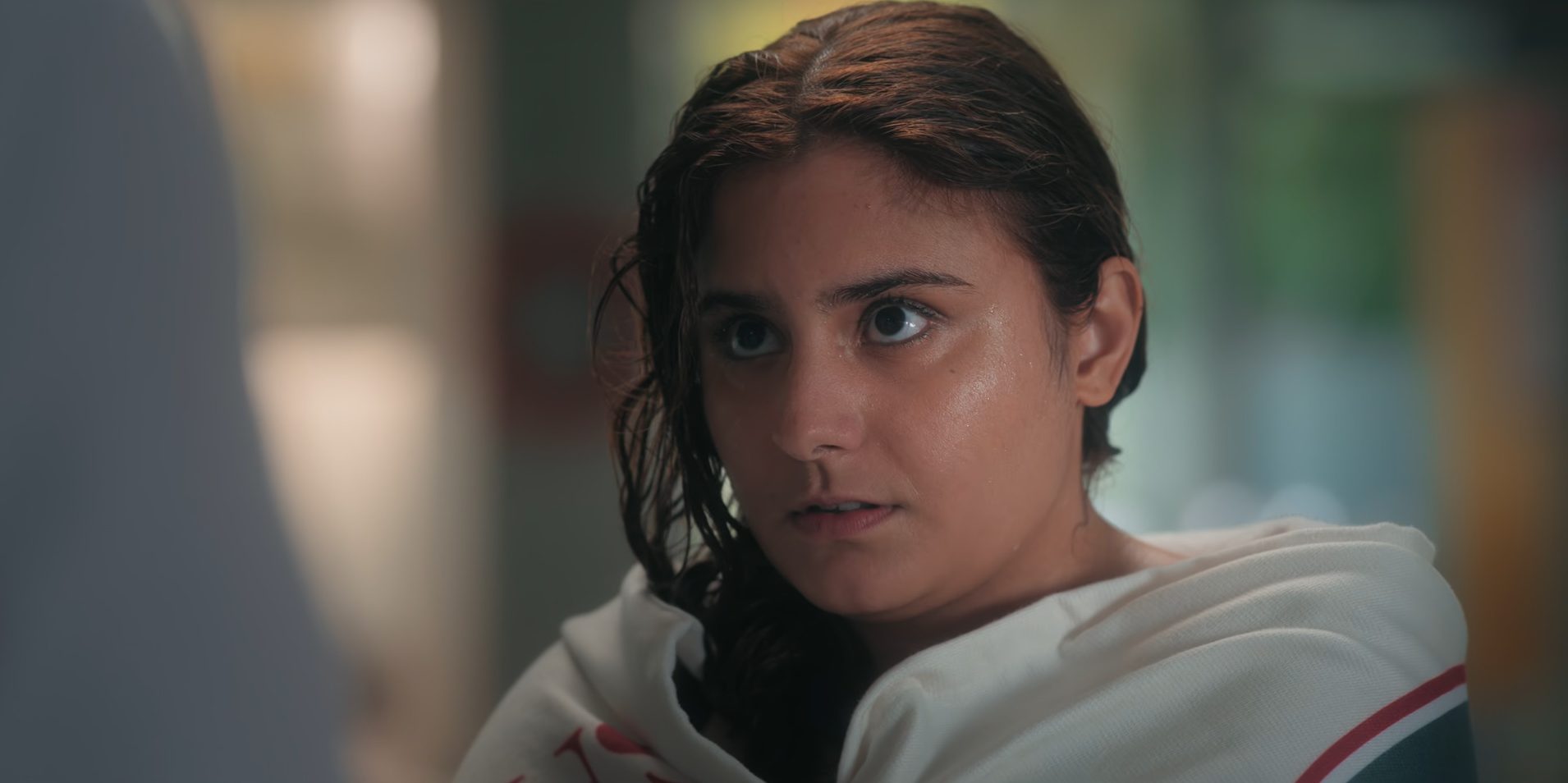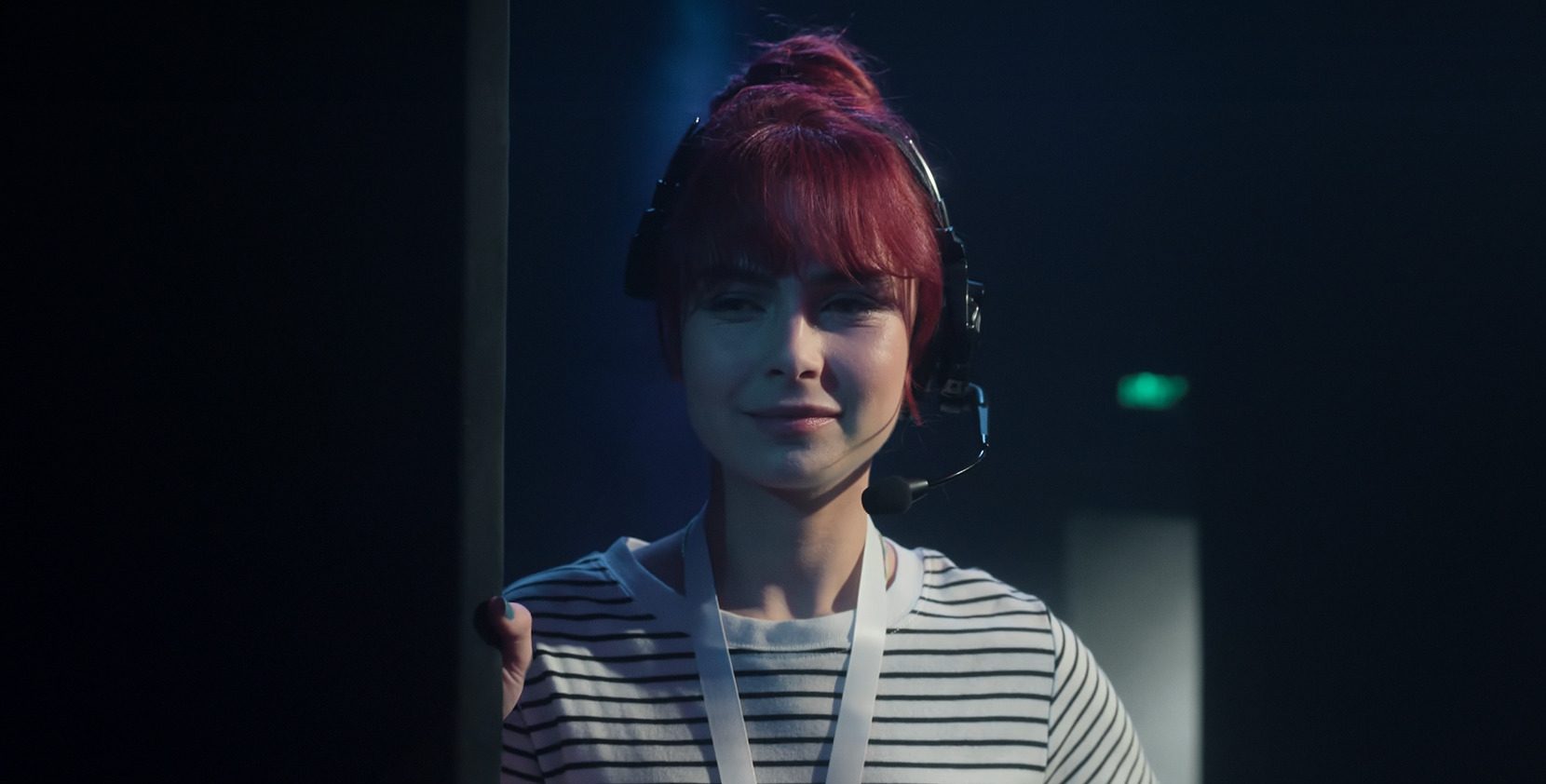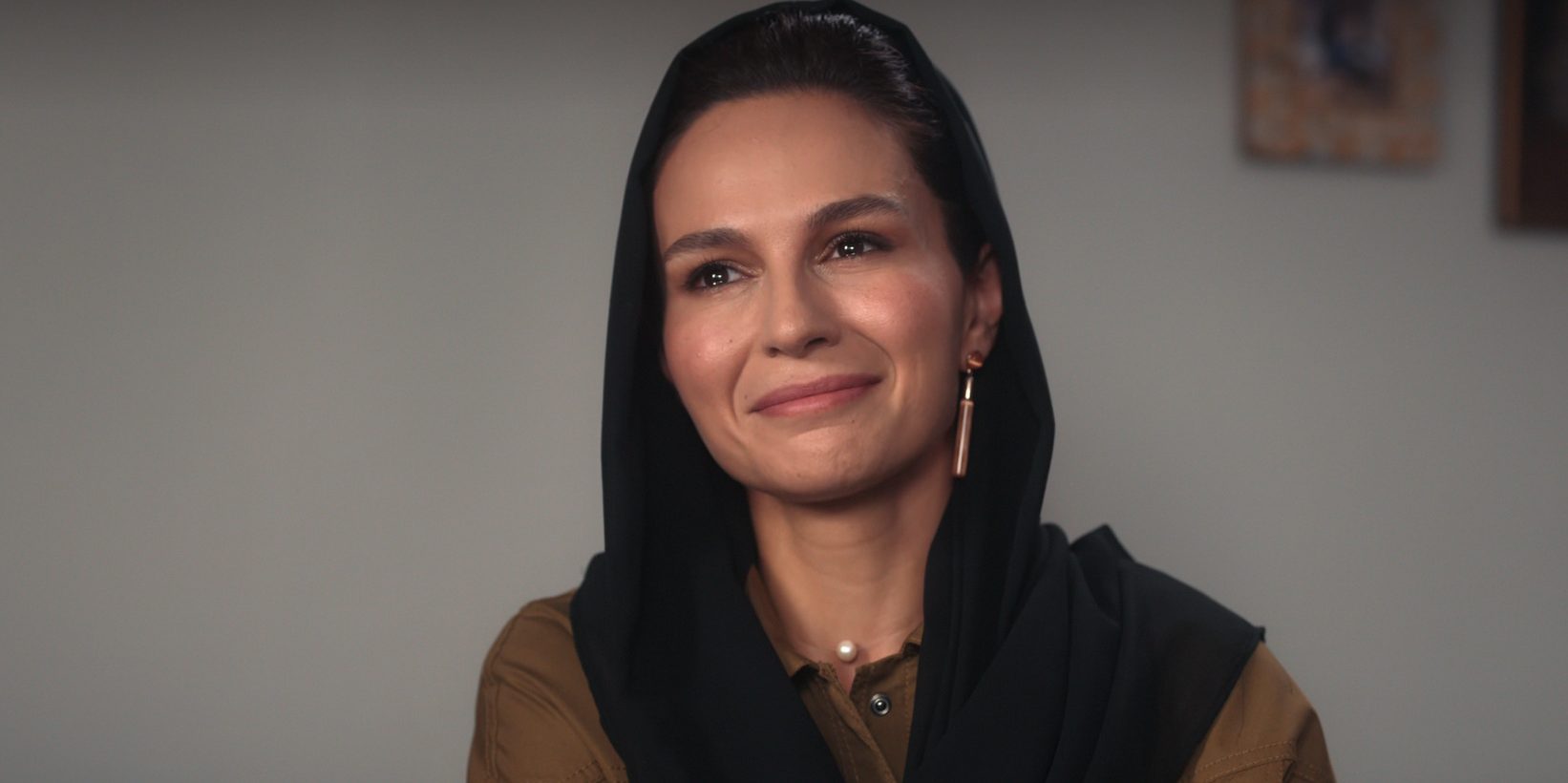Netflix’s ‘Letters From the Past’ or ‘Gelecege Mektuplar’ is a Turkish family drama series that revolves around the life of a young girl named Elif, trying to find out the truth about her mother. The narrative follows events from 2003 that still resonate in 2023, 20 years after Fatma Ayar, a teacher at a Turkish high school, gives an assignment to the students at her literature club. She instructs them to write a letter to their future selves two decades into the future.
The letters from the past are found by Elif, Fatma’s adopted daughter, who was given up at a young age by one of the students belonging to the club. The protagonist, Elif, tries to find out about her past and the reason her mother gave her up. Due to the letters resurfacing, the adults who were once members of the literature club also find themselves in a dramatic situation where they have to confront their past. The Rana Denizer creation delves into themes of memory, love, friendship, familial bonds, past, present, and the connection between time and perspectives.
Letters From the Past Intertwines the Past and Present Intricately
Though ‘Letters From the Past’ is an entirely fictional tale, it takes a deep dive into the concepts of past and present in a poignant manner. Rana Denizer, who also serves as the writer, weaves an intricate thread of memories and emotions that connect the past selves of the characters with their future. The students of Fatma Ayar’s literature club promise to read their letters to each other in the same spot after 20 years, which brings two decades’ worth of emotional issues that shape their future selves.

The seemingly simple agreement between the young friends turns into an emotional catalyst for a complex unraveling of incidents and relationships that bring long-unresolved emotional issues into the limelight. In reality, especially in the modern world, memory has become a tricky concept, shaped primarily by digital entities. The narrative gradually navigates the complexities of time, demonstrating how past experiences, even those seemingly forgotten or ignored as unimportant, continue to resonate and influence the trajectory of individual lives in the future.
In the modern world, it has become difficult to let go of the past, as our lives are constantly under the scanner of social media, but in an interesting take on the concept of memory, the drama makes letters relevant again. The beauty of handwritten letters lies in the fact that they are written without digital interference, which makes them more heartfelt and more genuine in many ways. It has become easier to forge lies in the technological age of screens, but the show exhibits how letters written in the past, preserved for the future, can lead to emotional turmoil or catharsis for individuals.
The Storyline Explores the Complexities of Identity in the Modern World
Elif’s search for her mother is the emotional core of the series. As she seeks out Fatma’s students to get into her mother’s past, she finds herself on an emotional ride, not only affecting her, but also those she seeks. Her conversations with her mother’s students lead her closer to the truth, but also challenge her in ways she doesn’t imagine. Through a journey of intimate conversations with those who knew her biological mother the most, Elif doesn’t merely gather information, but goes on a difficult exploration of her own identity and familial reality. Each student she encounters, either directly or indirectly, offers a different perspective and provides her with another part of the grand puzzle she’s trying to decipher.

In the real world, it is often difficult to truly understand oneself without the help of others. Since Elif has dealt with a lingering question about her identity throughout her life, she has to rely on the perspectives of others to actually understand who she is. This journey of the protagonist presumably connects on an emotional level with many individuals in the world who have difficult questions about their identity, especially due to their past being stolen away from them. Young people find it increasingly difficult to form an identity without knowing where they come from.
The series realistically portrays the insecurities of the youth, while also looking at how different generations can have different perspectives on the same thing. The narrative also delves into the ways in which events from the past and personal traumas are carried through different generations, while also meticulously illustrating how individuals from different generations interpret certain incidents or facts. This leads to a nuanced tale of communication between two generations, who have faced different social realities and a changing value system. Furthermore, the series profoundly examines the power of secrets and unresolved traumas, which are passed on from one generation to the next, often without realizing how they lead to serious consequences.
The Narrative Gives a Message of Independence
An important message that connects the series to the real world is that of independence and self-reliance. What starts as a search for a mother becomes a meaningful commentary on the act of letting go of the past and forming your own identity. Elif finds the truth about who her parents really are, but recognizes that it’s probably too late for her to construct her life, waiting for adults to change and accept her. She lets go of the idea of a happy mother-daughter relationship and accepts that Fatma Ayar, the woman who raised her, is her true mother, despite her biological truth being different. This serves as an inspirational piece of commentary on how the real world works.

Individuals can only grow when they accept the past and move on. The highest act of kindness that anyone can do for themselves is not to try to change the past, but to rely on their own souls to change the present and the future. This element of liberation presumably resonates with many people in the world who grow up without the support or backing of a family. The protagonist, Elif, is a great example of how a young woman can shape her own future and find her own happiness without depending on the pity, love, or mercy of those who abandoned her.
While Elif finds her happiness, the adults who made several mistakes in their youth also own up to them and make better choices in the present. Banu and Mert choose love over compromise, Murat chooses family, and Zuhal chooses authenticity over social media. The independent choices made by all the major characters resonate with real-life themes of learning from your mistakes and making better decisions. Despite dealing with individual characters, the series has a poignant commentary on communities and the way they sometimes find it difficult to let go of history, but they have to, if they want to survive in an ever-changing world.
Read More: Is Netflix’s Catalog Based on a True Story?


